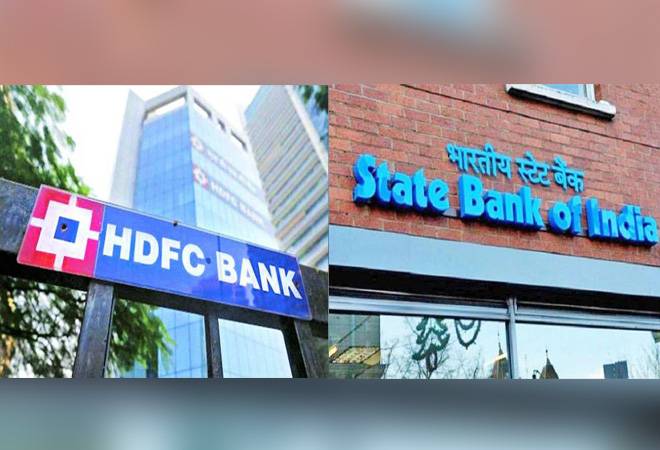When deciding between investing in HDFC Bank and investing in the State Bank of India (SBI), the analyst must identify the key differences between the two institutions and their primary advantages. The SBI share price and HDFC Bank share price depends on some factors, such as the history of the organization, segments, and performance.
History and Background
The State Bank of India (SBI)
SBI was originally formed on the 1st of July, 1955 as the State Bank of India as a public sector bank and also as a financial service and institution based in Mumbai. Having more than forty-eight crore clients and controlling twenty-five percent of the banking sector in India, Finally, it is one of the most significant banks in the country.
HDFC Bank:
HDFC Bank was initially established in August 1994; after receiving RBI approval for HDFC Limited, the institution landed a place in the private domain. It commenced in January 1995 and as time went on, it expanded in terms of size as well as the number of visitors. The acquisition of HDFC Limited in July last year complemented the bank’s balance sheet and prepared the bank to compete fiercely within the banking industry.
Business Segments
SBI: SBI’s services include personal banking, business banking, banking services for NRIs, international banking, agriculture, and rural business. The company has means of production, such as savings accounts and loans, in addition to digital services through the YONO apps.
HDFC Bank: HDFC Bank serves corporations, business owners, and other individuals belonging to the business community. They offer deposits, loans, and credit cards, as well as investment products and services, to individuals and companies.
Performance and Recognition
For their services and performances, both banks have had their fair share of awards. SBI has received acknowledgment for its annual reports, cyber security, and human resources management. HDFC Bank was honoured for innovation in banking, service to the SME sector, and efforts to promote diversity and inclusion.
Investment Considerations
When choosing between SBI and HDFC Bank shares, consider the following:
- Stability and Government Support:
SBI: Being deeply associated with the government, SBI enjoys the benefits of being a stable, secure, and government-backed company, which might be a safer investment bet for those investors who avoid risk.
HDFC Bank: Customers recognize HDFC Bank’s novelty and convenient services, which explain investment growth when seeking more profitable long-term investments.
- Market Position and Reach:
SBI: Its branch network across the country and beyond communicates its absolute market dominance.
HDFC Bank: While it is relatively smaller in comparison to SBI, it also has a competitive advantage mainly due to its focus on technological advancement and customer relations.
Conclusion
Deciding which investment between HDFC Bank and SBI stock you should make will depend on what you need it for and how much risk you are willing to take. This pricing indicates the SBI stock market’s steadiness and government support, which are good for risk-averse investors. At the same time, the HDFC Bank share price highlights its further investment perspective and innovative strategy that will interest discerning long-term investors. Both banks offer good stability and are highly positioned in the field of banking business, which makes either of them an attractive addition to the investment list.







